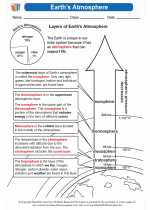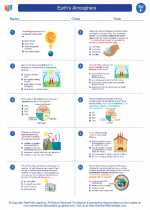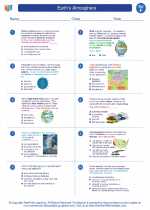Speciation
Speciation is the process by which new species arise from a single ancestral species. This can occur through various mechanisms, including geographic isolation, reproductive isolation, and genetic divergence.
Mechanisms of Speciation
- Allopatric Speciation: Occurs when a population becomes geographically isolated from the rest of the species, leading to genetic divergence and the eventual formation of a new species.
- Sympatric Speciation: Takes place in the absence of geographic isolation, often due to factors such as polyploidy (an increase in the number of chromosome sets) or disruptive selection.
- Parapatric Speciation: Involves the emergence of a new species within the range of the parent population, often due to a gradient of environmental conditions.
- Peripatric Speciation: Occurs when a small group within a larger population becomes isolated and evolves into a distinct species.
Evidence of Speciation
There are several lines of evidence that support the occurrence of speciation:
- Fossil Record: Transitional fossils provide evidence of intermediate forms between ancestral and descendant species.
- Observations of Natural Selection: Studies of adaptation and natural selection in populations provide insight into the mechanisms driving speciation.
- Genetic Analysis: Comparing the genetic makeup of different populations can reveal patterns of divergence and the accumulation of genetic differences over time.
Study Guide
When studying speciation, focus on understanding the mechanisms that can lead to the formation of new species, such as allopatric, sympatric, parapatric, and peripatric speciation. Be sure to explore the evidence supporting the occurrence of speciation, including the fossil record, observations of natural selection, and genetic analysis. It's also important to grasp the concept of reproductive isolation and how it contributes to the divergence of populations. Finally, consider real-life examples of speciation and the role of geographic and ecological factors in driving the process.
By mastering these key concepts and evidence, you will develop a comprehensive understanding of speciation and its significance in the field of evolutionary biology.
.◂Science Worksheets and Study Guides Sixth Grade. Earth's Atmosphere

 Activity Lesson
Activity Lesson
 Worksheet/Answer key
Worksheet/Answer key
 Worksheet/Answer key
Worksheet/Answer key
 Worksheet/Answer key
Worksheet/Answer key
 Worksheet/Answer key
Worksheet/Answer key
 Vocabulary/Answer key
Vocabulary/Answer key
 Vocabulary/Answer key
Vocabulary/Answer key
 Vocabulary/Answer key
Vocabulary/Answer key
 Vocabulary/Answer key
Vocabulary/Answer key
 Vocabulary/Answer key
Vocabulary/Answer key
 Vocabulary/Answer key
Vocabulary/Answer key
 Vocabulary/Answer key
Vocabulary/Answer key
